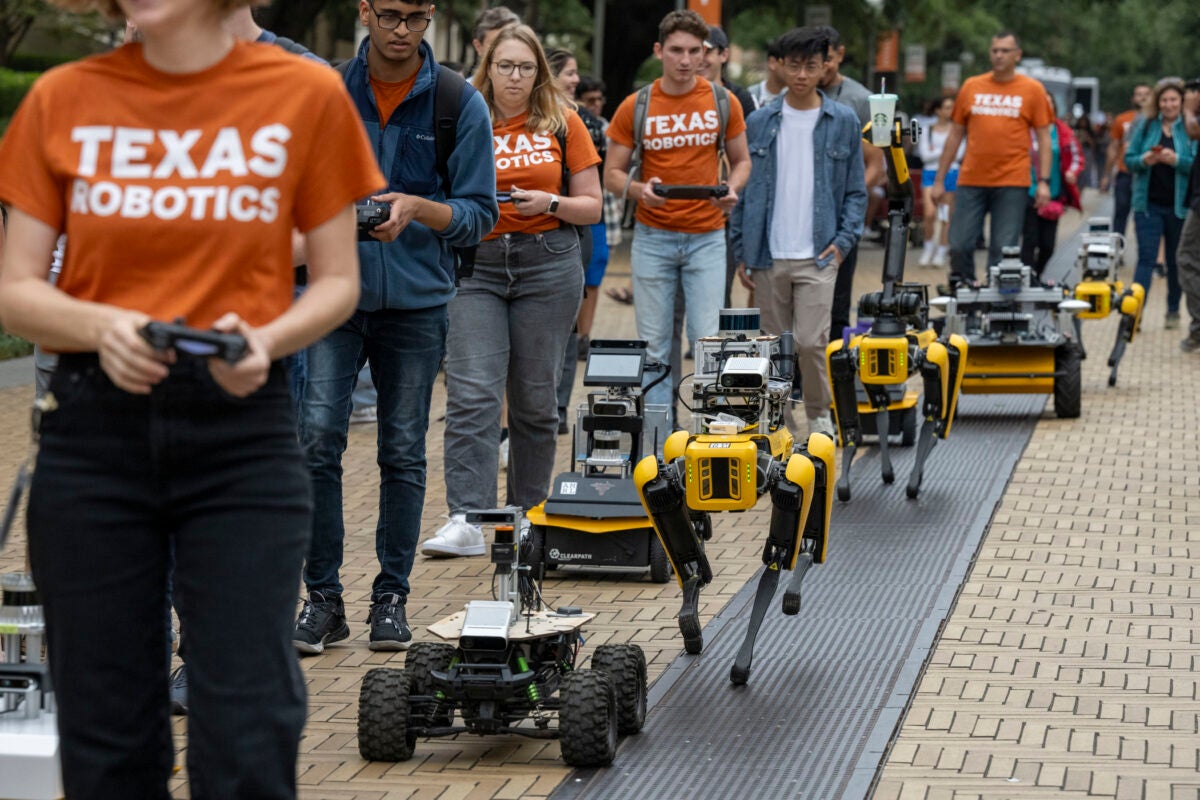Researchers Aim to Make Computer Networks Easier to Change on the Fly
Computer scientist Aditya Akella has received an award from the National Science Foundation to develop runtime programmable networks that can respond to real-time changes, like a cyberattack, without the interruption of service.

It's hard to make changes to the software running on a computer network while it's in use—and that can make it harder to respond quickly to a cyberattack. The National Science Foundation has awarded a grant to computer scientists from Rice University, The University of Texas at Austin and the University of Washington to develop runtime programmable networks that can respond to real-time changes rapidly and without interruption of service.
Aditya Akella, Regents Chair in Computer Sciences #1, heads the UT Austin part of the team. The Rice recipients are Ang Chen, assistant professor of CS, and T. S. Eugene Ng, professor of CS, both with joint appointments in electrical and computer engineering.
Deploying new features into a running network "requires meticulous planning well ahead of time," Akella commented. "We aim to remove this barrier by developing runtime programmable networks which can effect a desired change in seconds without downtime."
The researchers, who have dubbed their vision FlexNet, are collaborating closely with leading industry players to realize it and deploy the technologies.
"Runtime programmability," Chen said, "aims to transform the way cloud infrastructure is used and operated due to its fast response to live changes."
"In today's network programming paradigm," Ng said, "developing new features is already easier than ever, but deploying these new features into a running network requires broad maintenance to avoid disruption of service."
Recipients from UW are Arvind Krishnamurthy, the Short-Dooley Professor, and Thomas Anderson, the Warren Francis and Wilma Kolm Bradley Chair, both at UW's Paul G. Allen School of Computer Science and Engineering.
The FlexNet team will hold a kickoff workshop at Rice on Aug. 25-26. Industry partners from eleven companies, including Microsoft, Google, AMD, and Ericsson, will be represented.



